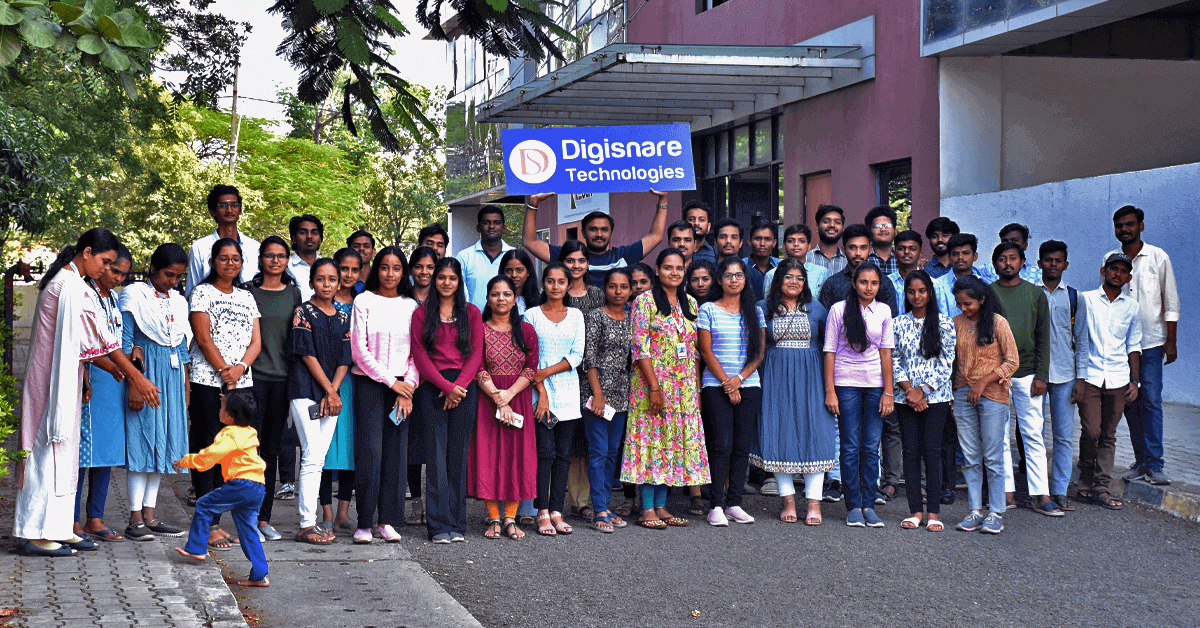An internship is a work-based learning experience that allows individuals, usually students or recent graduates, to gain hands-on exposure and skills in a particular field or industry. Interns work with experienced professionals and typically perform tasks that are similar to those of entry-level employees, with the goal of gaining valuable experience and skills that will help them in their future careers. Internships can be paid or unpaid and can last anywhere from a few weeks to a few months.































Gain practical, real-world experience by applying school knowledge.

Explore different career paths to find the best fit for your future.

Build valuable professional relationships and a strong network.

Develop new skills and enhance existing ones for future career growth.

Gain experience that makes you more competitive in the job market.

Understand workplace dynamics and grow both personally and professionally.
There are many reasons why individuals choose to join internships, including:

Gain practical skills by applying knowledge in real-world settings.

Discover various career paths and determine personal interests.

Establish valuable professional connections and expand your network.

Enhance existing skills and acquire new competencies.

Boost job prospects with relevant industry experience.

Learn about industry trends, practices, and technologies.

Collaborate with seasoned experts to learn from their insights.

Obtain academic recognition through internship programs.

Develop insights into workplace dynamics and professional etiquette.
During an internship, individuals can expect to engage in a variety of tasks and activities that are designed to provide hands-on experience in their chosen field or industry. This can include:

Obtain academic recognition through internship programs.

Obtain academic recognition through internship programs.

Obtain academic recognition through internship programs.

Interns attend workshops, seminars, and other learning activities to enhance their skills.

Interns attend company meetings and presentations, gaining organizational insights.

Interns network with colleagues and professionals, valuable for future career growth.

Interns acquire and improve skills relevant to their field, preparing for future career challenges.

Interns actively contribute to team projects, significantly enhancing their practical teamwork experience.

Interns receive mentorship from supervisors and peers, aiding their professional growth.
The difficulty of getting an internship can vary depending on several factors, including:

Internships can be highly competitive, particularly in industries like finance, technology, and marketing.

Internship opportunities vary by industry and location, with some fields offering more openings than others.

Educational or work experience requirements can pose challenges for internship applicants.

Internships are often seasonal, and late applicants may find positions already filled.

Building connections can boost internship prospects by leveraging professional relationships in the field.

Internship applications require careful attention and often involve stages like interviews and assessments.
Yes, degree students can do internships as part of their education or to gain hands-on experience in their field of study. Internships can provide valuable experience and skills development opportunities for degree students, helping them to better understand the industry and make informed decisions about their career paths.
In many cases, internships can be arranged through the student's college or university, or students can search for internships on their own through online job boards, career centers, or professional organizations.
Some internships may be paid, while others may be unpaid. Some may offer academic credit, while others may not. It is important for degree students to carefully research their options and consider the benefits and drawbacks of each opportunity before applying.
Internships provide students with practical, hands-on experience in their field of study and can help them:




